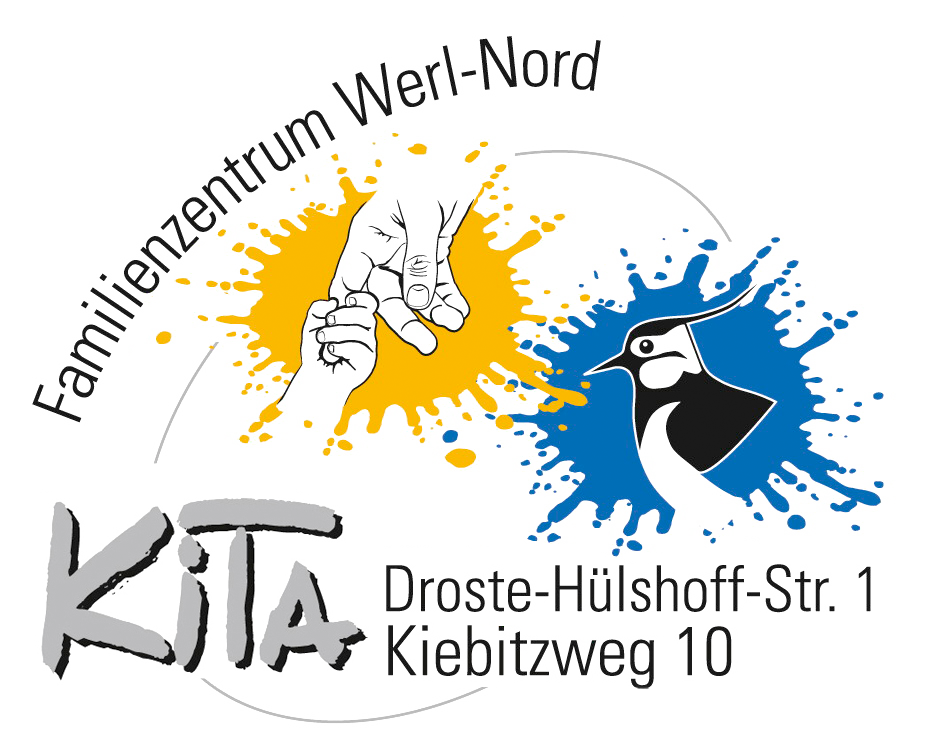“Each child has a right to their own opinion and to be able to introduce it where matters that concern the child are decided.”
(UN-Convention on the Rights of the Child – Children's Rights)
“There is a culture of mutual decision making”
Participation (Lat. Particeps= taking part) means being a part of, taking part in and having a say. In a dialogue with the educationalist governed by regard the children introduce their ideas, opinions, feelings and points of view and influence actively their daily life in the nursery.
The basic precondition for a successful participation is a positive basic attitude of the educationalists. Children are seen and taken seriously as partners in conversation.
We include actively the children within the bounds of their capabilities in the day-to-day decision making processes.
That way they learn, …
- to perceive and express their own ideas, wishes and needs
- to state their opinion
- that they and their interests are heard
- that their opinion matters
- to take on responsibility
- to take decisions
They experience democracy and gain independence and self-confidence.
Examples from daily life in the nursery:
- Every day in the morning circle, in conversation circles or in individual conversations the children have the chance to express themselves and their ideas and wishes.
- Regularly the children meet in the children's parliament and weekly children's conferences take place. For example every day current topics are discussed, they have an influence on the daily and weekly structure, on rules and the layout of the rooms.
- In the panels complaints and suggestions for changes are discussed regularly which flow into and are heard in the team meetings and the management of the nursery.
- In the weekly team discussion there is one fixed point on the agenda in which they educational specialists present the wishes of the (smallest) children based on their observations. The children have the chance to present their wishes there themselves.
- Projects are geared to the interests of the children and they have a say in and develop them.
- The ideas of the children considered in the choice of the menu.
In the crèche we pick up the children in shaping their day for example their meals, when changing nappies, when going to sleep, in situations at play, according to their appropriate development stage. In this we pay attention to non-verbal and verbal expression of the children.
Examples from daily life in the nursery:
The children, …
- are asked by us how and by whom they would like to have their nappy changed.
- also the younger children decide themselves what and how much they would like to eat and drink, always under consideration of a balanced and healthy diet.
- have the opportunity to sleep at any time if they feel the need, they then decide who is to accompany them.
Children's rights are the basis of all activities and the composition of day-to-day life in the nursery with the children.
Once the UN-Convention on the Rights of the Child dated 1989 became effective in Germany in 1992 the subjects of child protection and child welfare take on a whole new meaning. Our educational work is based on the 10 basic rights of children.
Each child has a right to:
- Equality
- Health
- Education
- Play and leisure time
- Freedom of expression and participation
- Violence-free upbringing
- Protection in war and when fleeing
- Protection from economic and sexual exploitation
- Parental care
- Particular care and support in case of disability
An essential component in our educational work is preventive upbringing by strengthening the children as well as precise observation if we see their welfare endangered by the slightest fashion.
Examples from daily life in the nursery:
- execution of the project “Strong even without muscles” with the children coming up to school age (strengthening their self-confidence, learning how to set limits)
- regular execution of the project “the big and the small No!” in which the younger children learn to say no, to follow their intuition, to recognize good and bad touching or secrets, to get help and to set boundaries.
- Safeguarding the intimate / private sphere also at the age of the youngest e.g. During nappy changin
- picture books are available on this topic for the children in groups, to be looked at and read with the employees.
- Parent information evenings in which our attitude to upbringing and our methods on this subject are made transparent and practical tips are discussed together.
“Children have a right to today. It should be happy, childish and carefree.”
Janusz Korczak






